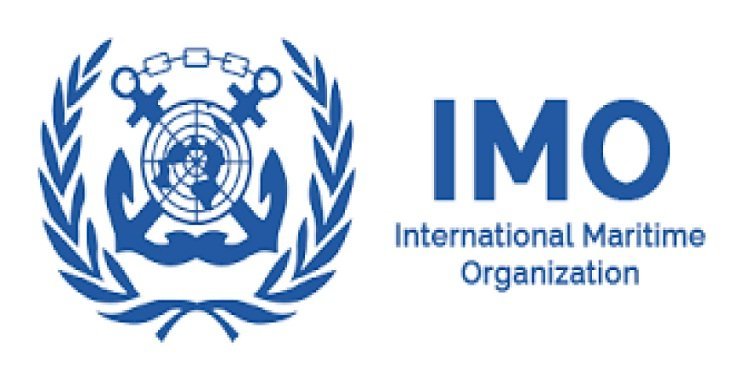The International Maritime Organization (IMO) is a specialized agency of the United Nations that plays a crucial role in regulating shipping worldwide. Established in 1958, the IMO is responsible for ensuring the safety, security, and environmental sustainability of international maritime transportation.
History and Establishment
The IMO was born out of the need for a global regulatory body to oversee the growing maritime industry. In 1948, during a UN conference held in Geneva, the agreement to establish such an organization was reached. However, it took another ten years for the IMO to come into existence. On 17 March 1958, the IMO held its inaugural meeting, marking the beginning of its mission to promote safe, secure, and efficient shipping on a global scale.
Mission and Objectives
The primary mission of the IMO is to foster cooperation among member states and industry stakeholders to develop and maintain a comprehensive regulatory framework for international shipping. The organization aims to ensure the safety and security of ships, the protection of the marine environment, and the prevention of maritime accidents and pollution.
To achieve its mission, the IMO works towards several key objectives:
- Promoting the adoption and implementation of international conventions and regulations related to maritime safety, security, and environmental protection.
- Providing technical assistance and capacity-building programs to member states, particularly those with limited resources, to enhance their maritime capabilities.
- Facilitating communication and collaboration among member states, industry organizations, and other stakeholders to address emerging challenges and promote best practices.
- Conducting research and analysis to develop evidence-based policies and guidelines for the improvement of maritime safety, security, and environmental sustainability.
Regulatory Framework
The IMO’s regulatory framework consists of a wide range of international conventions, codes, and guidelines that set the standards for various aspects of shipping. These include:
- The International Convention for the Safety of Life at Sea (SOLAS), which establishes minimum safety requirements for ships.
- The International Convention for the Prevention of Pollution from Ships (MARPOL), which sets regulations to prevent marine pollution from ships.
- The International Ship and Port Facility Security (ISPS) Code, which addresses the security of ships and port facilities against acts of terrorism.
- The International Convention on Standards of Training, Certification, and Watchkeeping for Seafarers (STCW), which sets the training and certification standards for seafarers.
These conventions, along with many others, form the backbone of the IMO’s efforts to ensure the highest standards of safety, security, and environmental protection in the maritime industry.
Impact and Achievements
Over the years, the IMO has made significant contributions to the improvement of global shipping practices. Its efforts have led to a substantial reduction in maritime accidents, the adoption of advanced technologies for ship navigation and communication, and the implementation of measures to combat marine pollution.
One notable achievement of the IMO is the International Convention for the Control and Management of Ships’ Ballast Water and Sediments. This convention aims to prevent the introduction of invasive species through ballast water discharge, which can have devastating ecological and economic consequences.
The IMO has also been at the forefront of efforts to reduce greenhouse gas emissions from the shipping sector. In 2018, the organization adopted an ambitious strategy to reduce the industry’s total greenhouse gas emissions by at least 50% by 2050 compared to 2008 levels.
Conclusion
The International Maritime Organization plays a vital role in regulating and promoting the sustainable development of the global shipping industry. Through its comprehensive regulatory framework and collaborative approach, the IMO continues to ensure the safety, security, and environmental sustainability of international maritime transportation. As the maritime industry evolves, the IMO remains committed to adapting and addressing emerging challenges to create a safer and more sustainable future for shipping.
